Analysis: Female Candidature and Nigeria's 2023 Elections
Analysis: Female Candidature and Nigeria's 2023 Elections
Women made up roughly 47.1% of the 84 million registered voters in the 2019 general elections. A further 3.29 million have registered ahead of the 2023 polls, as compared with 3.2 million men. Yet, although women make up a significant portion of the electorate inNigeria, the country’s political landscape has historically been male dominated. No female governors were elected in 2019, a pattern that has remained constant since the return to democracy in 1999.
In the 2015 elections, there were 122 women out of 747 senatorial candidates, representing 16.3% of all candidates nominated by political parties. In the House of Representatives, of the 1,774 candidates put forward, 267 were women, representing only 15.1%. Of these 389 women, only 29 won seats: seven were elected to the Senate and 22 to the House of Representatives. In 2019, 235 women (12.3%) contested for seats in the Senate with 533 women, out of 4,680 candidates, vying for seats in the House of Representatives, just 11.4%. Although the number of female aspirants was almost double, just eight women were elected to the Senate – representing districts in Adamawa, Akwa Ibom, Anambra, Ekiti, Lagos, Plateau, and Rivers - and 13 to the House of Representatives – representing constituencies in Abia, Anambra, Benue, Borno, Ekiti, Gombe, Imo, Ogun, Osun, Oyo, Plateau, Rivers, and Yobe. Meaning that the overall percentage of women holding seats in the legislature decreased from 6.1% to 4.4%. According to 2021 data compiled by the Inter-Parliamentary Union, Nigeria’s female political representation ranks 184th out of 190 nations worldwide.
This report looks at the state of women candidature ahead of the 2023 elections, at party and zonal levels, and looks at the impact of such trends for the elections.

